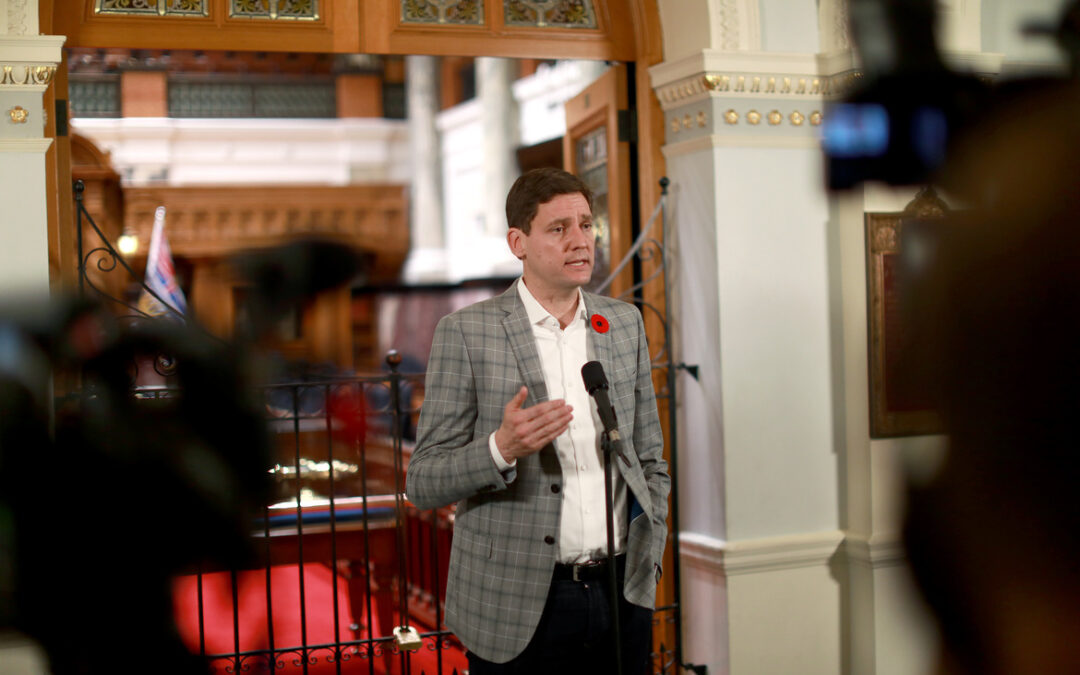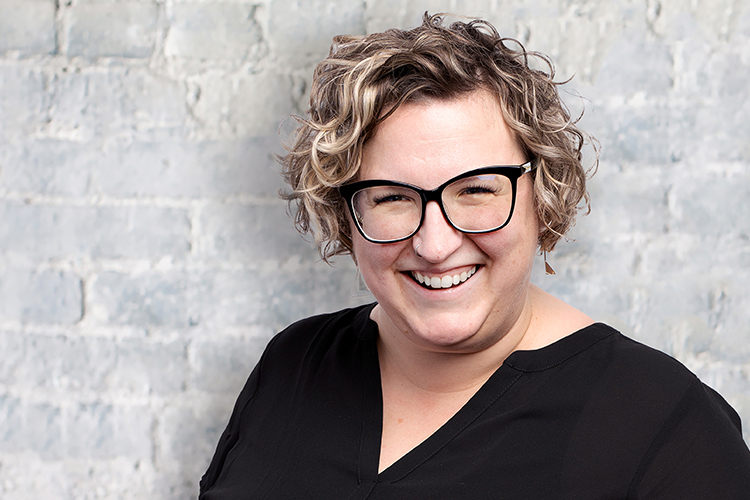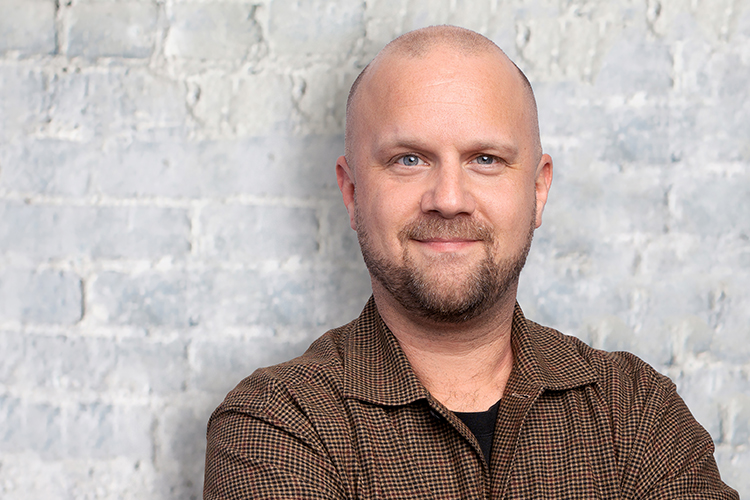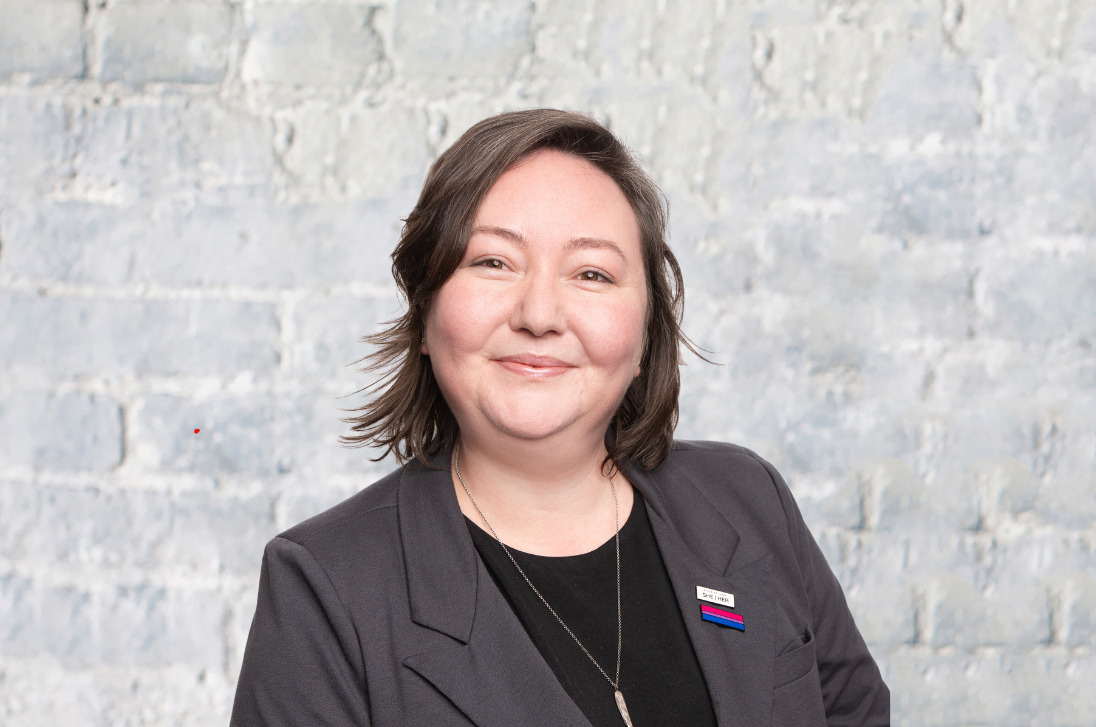Congratulations to Premier Eby, now the real work begins
While it took 10 days of waiting and counting and there are two judicial recounts to come, Premier David Eby and the BC NDP have won a third consecutive term.
On Monday, Elections BC reported that the New Democrats had secured a one-seat majority victory with 47 seats of 93 seats. The BC Greens hold two seats and remain strategically important – though they do not hold the balance of power they hoped for.
Now that much of the dust has finally settled, we want to take this opportunity to congratulate Premier Eby and the BC NDP on forming government, reflect on the strategy and tactics that led to their victory, and contemplate what is next for a government with a precarious one-seat majority.
The Stars of the Campaign: the BC NDP War Room and local GOTV teams
In a close election, the difference between winning and losing comes down to the ability of a campaign to define their opponents and to harvest every available vote. On both of those fronts, the BC NDP performed exceptionally well.
For most of the campaign, BC Conservative Leader John Rustad spent large portions of his media events on the defensive. He spent critical time in front of cameras defending problematic candidates and their comments on a variety of topics which ranged from the weird to the outright offensive. Instead of talking about issues where the BC Conservatives otherwise had relatively strong public trust – taxes, crime, and public safety, Rustad was reacting to the latest controversy. That agenda was driven by the BC NDP war room which served up a steady diet of fresh opposition research through social media and news releases.
While the war room was important, local GOTV (Get Out the Vote) teams might have been even more critical to the BC NDP’s success. GOTV teams are the lifeblood of any local and central campaign, especially important in close races. In this election, the difference between victory and defeat in several local campaigns such as Surrey-Guilford and Juan de Fuca-Malahat was a handful of votes. The many volunteers on local campaigns working daily to identify supportive voters, and follow up to ensure they cast their ballots, were the true heroes of the BC NDP’s 2024 campaign.
What happens next?
After meeting with Lt.-Gov. Janet Austin on Monday, Premier Eby committed to forming government. His first meeting with his new government caucus will be later today (Wednesday, Oct. 30).
In discussions with media, the Premier indicated his intention to move quickly to appoint a new cabinet and convene a fall sitting of the legislature. During this fall sitting, no legislation will be passed. Rather, the Legislature will convene to take care of procedural matters like deciding how future sessions will be organized, setting rules for debates, or structuring standing committees.
Timing of the appointment of the cabinet and the fall sitting of the Legislature will be dependent on the completion of judicial recounts in Surrey-Guilford (currently held by the BC NDP) and Kelowna-Centre (currently held by the Conservatives).
12 members of the current Cabinet either lost their seat or did not run again, so, the Premier will have a lot of decisions to make. It is important to note that the Cabinet can be as large or as small as the Premier would like it to be. In BC, Cabinets ranged from 5 members (1871) to 28 members (2001), and the titles of Ministers and Ministries have varied wildly between elections. Ministries may be amalgamated from many into fewer or expanded from one into multiple.
Some of the existing Cabinet did not seek re-election, include:
- Minister of Finance, Katrina Conroy (MLA from 2005 – 2024)
- Minister of Indigenous Relations and Reconciliation, Murray Rankin (MLA from 2020-2024)
- Minister of Infrastructure and Transportation, Rob Fleming (MLA from 2005 – 2024)
- Minister of Environment and Climate Change, George Heyman (MLA from 2017 – 2024)
- Minister of Labour, Harry Bains (MLA from 2005 – 2024)
- Minister of Forestry, Bruce Ralston (MLA from 2005 – 2024)
- Minister of State for Childcare, Mitzi Dean (MLA from 2017 – 2024)
Some of the existing Cabinet were unsuccessful in their bids for re-election, including:
- Minister of Education, Rachna Singh (MLA from 2017 – 2024)
- Minister of Water, Land and Resource Stewardship, Nathan Cullen (MLA from 2020 – 2024)
- Minister of Agriculture, Pam Alexis (MLA from 2020 – 2024)
- Minister of State for Infrastructure and Transportation, Dan Coulter (MLA from 2020 – 2024)
- Minister of State for Forestry Innovation, Andrew Mercier (MLA from 2020 – 2024)
With a government caucus of 47, including 18 first time MLAs, it is likely that those with the most experience governing will be returning to Cabinet, though not necessarily into the same roles. 15 of the 27 previous Cabinet members who were re-elected include:
- Minister of Housing, Ravi Kahlon
- Attorney General, Niki Sharma
- Minister of Children and Family Development, Grace Lore
- Minister of Jobs, Economic Development and Innovation, Brenda Bailey
- Minister of Health, Adrian Dix
- Minister of Social Development and Poverty Reduction, Sheila Malcolmson
- Minister of Energy, Mines, and Low Carbon Innovation, Josie Osborne
- Minister of Citizen Services, George Chow
- Minister of Emergency Management and Climate Readiness, Bowinn Ma
- Minister of Mental Health and Addictions, Jennifer Whiteside
- Minister of Municipal Affairs, Anne Kang
- Minister of Post-Secondary Education and Future Skills, Lisa Beare
- Minister of Public Safety and Solicitor General, Mike Farnworth
- Minister of Tourism, Arts, Culture, and Sport, Lana Popham
- Minister of State for Trade, Jagrup Brar
Cabinet and Caucus Management crucial for a thin majority
With only a one-seat majority, Eby’s appointment of house leader, caucus whip, and caucus chair, will be important to ensure caucus cohesion and discipline.
The role of house leader is especially important as they organize the government’s legislative agenda, deciding which bills and topics are discussed each day. They coordinate with House Leaders from other parties to ensure fair time for debates, aiming for smooth and orderly progress. Additionally, they guide their own party members on upcoming discussions and votes, acting as a strategic organizer to keep legislative business on track.
The role of caucus whip ensures that MLAs understand when they are expected to be present in the house at any given time – integral to ensure that when a vote is called, the government wins.
While a lesser-known position, the caucus chair ensures that all government MLAs who are not in Cabinet are fully invested in the government’s agenda and plan.
What About the Speaker?
First elected in 2005, BC NDP MLA Raj Chouhan has served as the speaker of the house since 2020 and is both very capable and well respected. While the Speaker is chosen by secret ballot, the Premier holds significant influence. With a single vote majority Premier Eby is likely to seek out a member of the BC Green or BC Conservative caucus to serve as Speaker taking away a vote from the opposition benches.
Former BC United candidate turned BC Conservative candidate Peter Milobar is being suggested as one MLA who may be willing to fill this role, to further distance himself from some of the racist comments made by a member of his own party that he has spoken out against.
A New Conciliatory Tone?
When speaking to reporters on Tuesday, Eby struck a conciliatory tone. While his government survived, it sustained damage that will take time to repair. They will need to demonstrate contrition and a coherent plan that addresses concerns of both the people who voted for and against them.
Counsel Public Affairs will continue to closely monitor the BC Legislature and how it affects your organization. Contact our British Columbia team for assistance with insight, strategy, and advice.
Jean-Marc Prevost
Vice President
jprevost@counselpa.com
Peter Dalla-Vicenza
Senior Consultant
pdallavicenza@counselpa.com
Will Shelling
Account Director
wshelling@counselpa.com
Christina Rzepa
Senior Consultant
crzepa@counselpa.com






